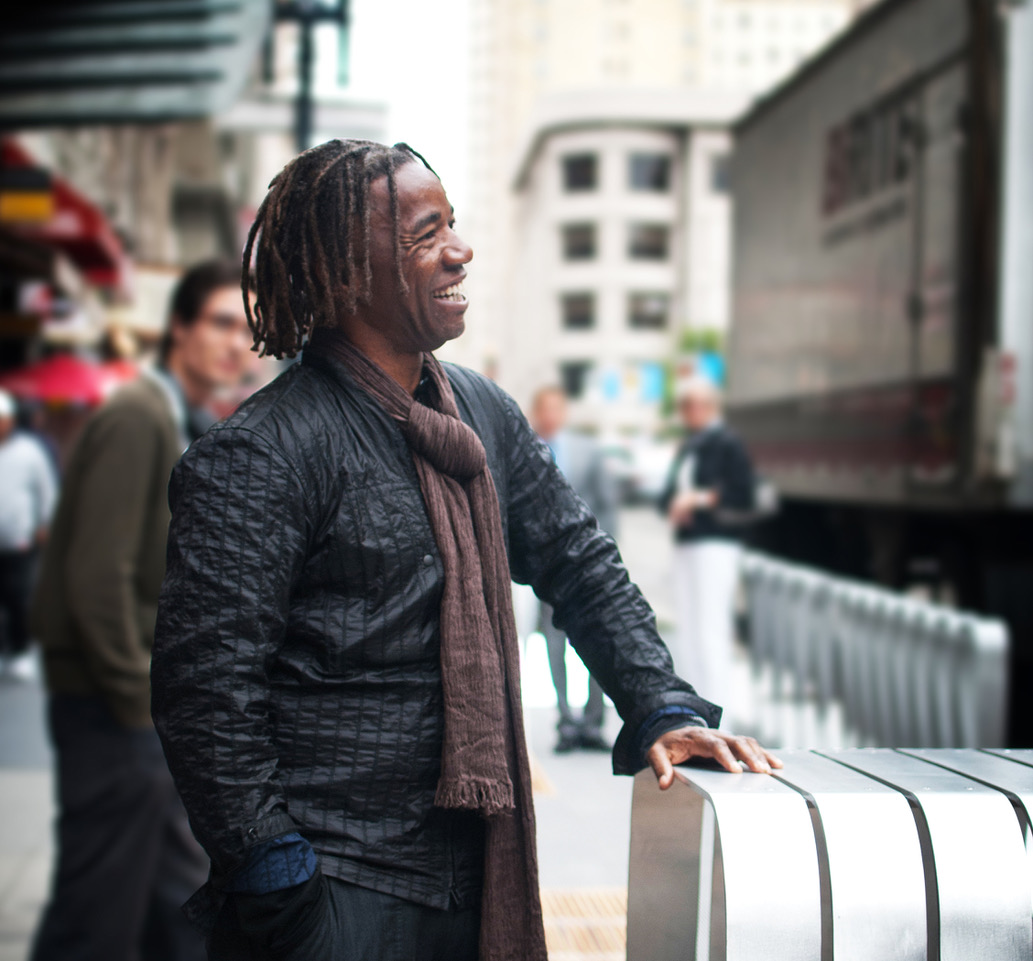Walter Hood to attend 2019 NZILA Firth Conference in Christchurch
Acclaimed American landscape architect Walter Hood is to speak on urban disruption at the 2019 NZILA Firth Conference in Christchurch in November. The creative director and founder of Hood Design Studio has just been named a Knight Public Spaces Fellow, a project that recognises leaders, experts, and practitioners in the US who have created or influenced great public spaces that strengthen community engagement and connection.
His design studio, founded in 1992, practices at the intersection of art, design, landscape, research and urbanism.
Hood is also a Professor, and former Chair, of the University of California, Berkeley School of Landscape Architecture & Environmental Planning and Urban Design. LandLAB is sponsoring his visit here. Landscape Architecture Aotearoa put some questions to the 61 year old ahead of his visit to New Zealand.
LAA: As an African American and a Southerner, how does your identity influence your work?
WH: In the United States those two monikers are descriptive of a post-colonial race and identity politics that we can’t seem to overcome. For black and brown people, we live with a prefix - African American, Native Indian (American), Mexican America etc. It’s impossible for the context and projections not to influence the work.
LAA: You talk about creating “hybrid landscapes”. What do you mean by that?
WH: Simply that landscapes are already transformed. If we see them this way, we don’t have to always start again, we can add to them. We don’t have to keep seeking an origin.
LAA: You’ve been described as an “intuitive designer” who keeps an open mind when approaching the design process. Why is that important?
WH: Intuition is a product of repetition and experience. It’s also a product of trying new and different ways to speak about the work.
LAA: What’s the importance of empathy in landscape architecture?
WH: Because it’s hard to legislate empathy. We need to care more about one another, I believe it’s easier in more homogeneous culture but in places like the US where the post-colonial landscape is still a powerful tool in shaping identity, how we live together and care for one another is of major importance.
LAA: What will your message be at the conference?
WH: That landscape is the last democratic space we have and we need to fill it with diverse voices!
